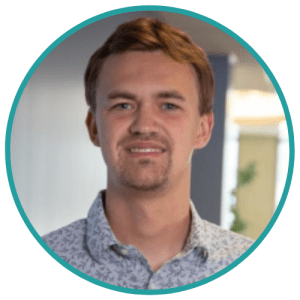Analyzing complex somatic rearrangements in cancer using nanopore sequencing
Recent studies have highlighted the improved capability of long-read sequencing to detect structural variation in the human genome. However, most of the existing methods were designed to detect germline variation, rather than the complex somatic rearrangements that often occur in cancer genomes.
We have developed new approaches to study rearranged cancer karyotypes using long-read data through breakpoint analysis and assembly. We applied our approach using Oxford Nanopore data from multiple cancer cell lines, including HPV-associated cancers known to have long HPV concatemers and complex rearrangements of the human genome.
What will you learn?
- How to profile somatic vs germline structural variation using long reads
- Examples of complex structural rearrangements in cancer cell lines
- New methods to detect and visualize rearrangements involving multiple breakpoints and copy number alterations
- How to analyse complex ecDNA amplicons and chromosomal integrations in HPV-infected cancer cell lines
Who may this interest?
- Researchers studying the role of structural variants in tumorogenesis
- Bioinformatic methods developers
Speaker

Mikhail Kolmogorov
Stadtman Investigator
National Institutes of Health, National Cancer Institute, Cancer Data Science Laboratory (MD, USA)
Before joining the Cancer Data Science Laboratory in January 2022, Mikhail was a postdoctoral fellow at the University of California Santa Cruz (CA, USA), supervised by Benedict Paten. Prior to that, he was a postdoctoral fellow at the University of California, San Diego (CA, USA), co-supervised by Rob Knight and Pavel Pevzner. Mikhail completed his Ph.D. in September 2019 in Computer Science from the University of California San Diego, under the mentorship of Pevzner. He received his M.Sc. in bioinformatics from the St. Petersburg University of the Russian Academy of Sciences.
This webinar was recorded on Wednesday 30th November 2022